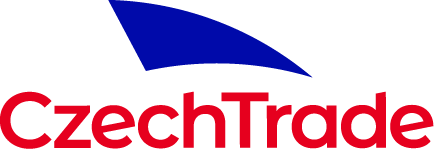 Japan
Japan
Czech Semiconductor Companies Showcased Their Technologies in Fukuoka
The first [Kyushu] Semiconductor Industry Exhibition offered Czech companies a chance to present their technologies in close proximity to the emerging semiconductor cluster on Kyushu.
UNITED Systems, SVCS Process Innovation, and Vytek (the Japanese distributor for Vakuum Praha) were showcased at the exhibition as part of the national display organized by CzechTrade. The two-day event took place on September 25 and 26 at the Marine Messe exhibition center in Fukuoka. A total of 261 companies and associations participated, and the venue welcomed over 7,300 visitors. Participating Czech companies particularly appreciated the opportunity to connect with local firms, which are proactively seeking suppliers of production and testing technologies, given the rapidly developing semiconductor cluster in the region.
Kyushu, Japan's third-largest island, has been known as "Silicon Island" since the 1980s, when it accounted for over half of the world’s semiconductor production at the time. However, in the following decades, the Japanese semiconductor industry began losing its competitiveness, with Taiwanese and Korean manufacturers gradually becoming the leaders in the field. By the end of the last decade, Japan’s share of global production had dropped to around 10 %.
Revitalization and new momentum for Kyushu’s semiconductor cluster came with the investment by Taiwan's TSMC. As part of a joint venture with Sony and Denso under the brand Japan Advanced Semiconductor Manufacturing (JASM), TSMC built a semiconductor factory in Kumamoto Prefecture, located in the central-western part of Kyushu. While the factory is currently in a testing phase, with full-scale production expected to start by the end of this year, JASM has already announced plans to build a second factory at the site, this time in collaboration with Toyota.
The Taiwanese side believes that the joint Japan-Taiwan brand will help Kyushu semiconductors gain a stronger position in markets that may be hesitant to accept Taiwanese-made semiconductors for political reasons. In the future, both parties hope that additional international projects will emerge within the cluster, extending beyond production to other parts of the supply chain
Source: https://k-semi.jp/
Prepared by the team of foreign offices CzechTrade Osaka and Tokyo


